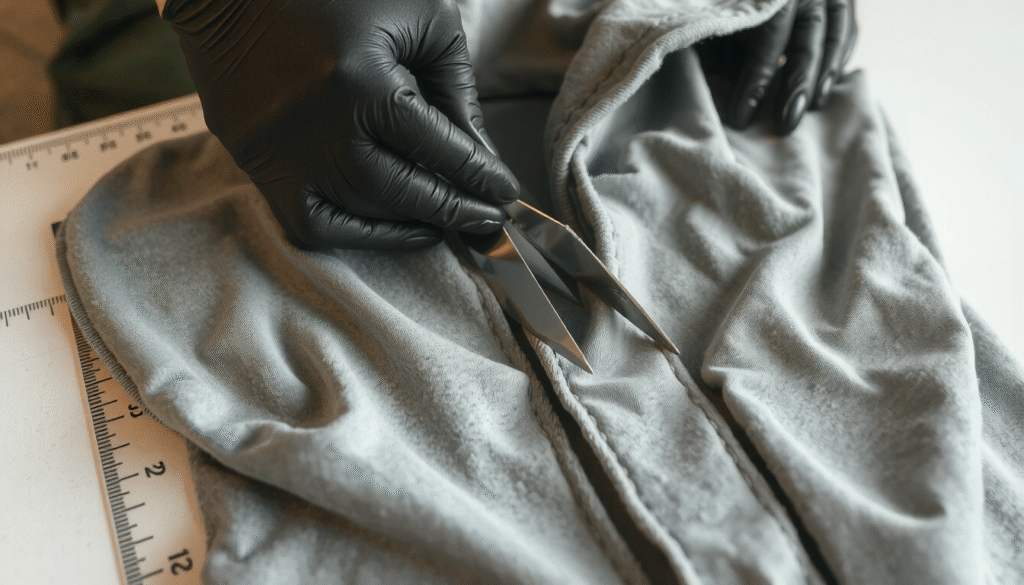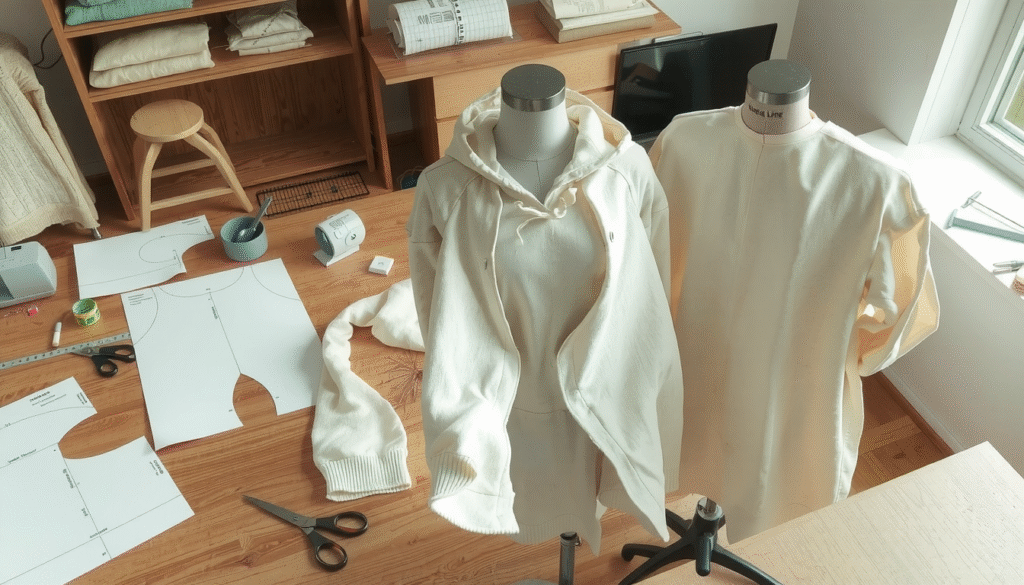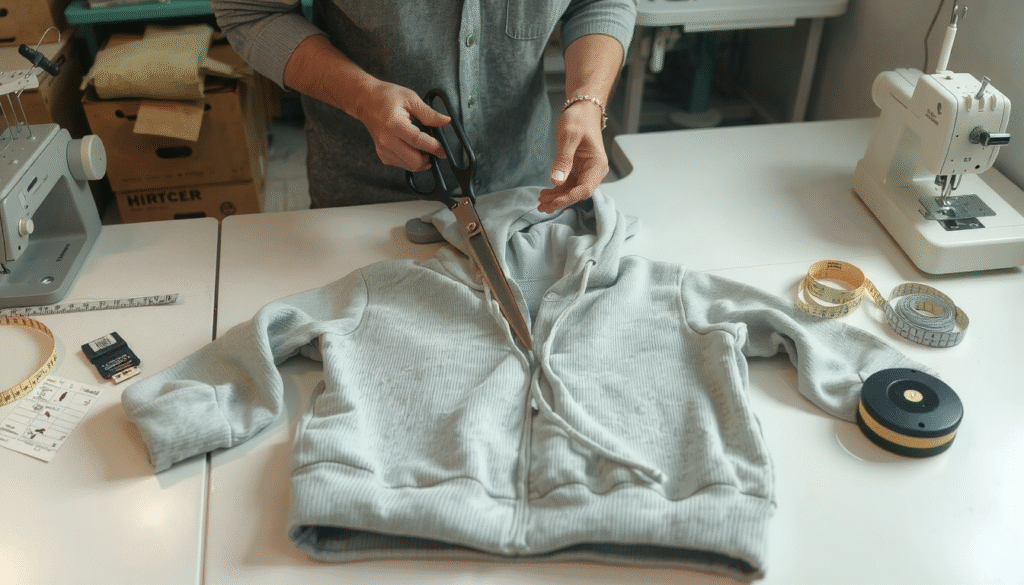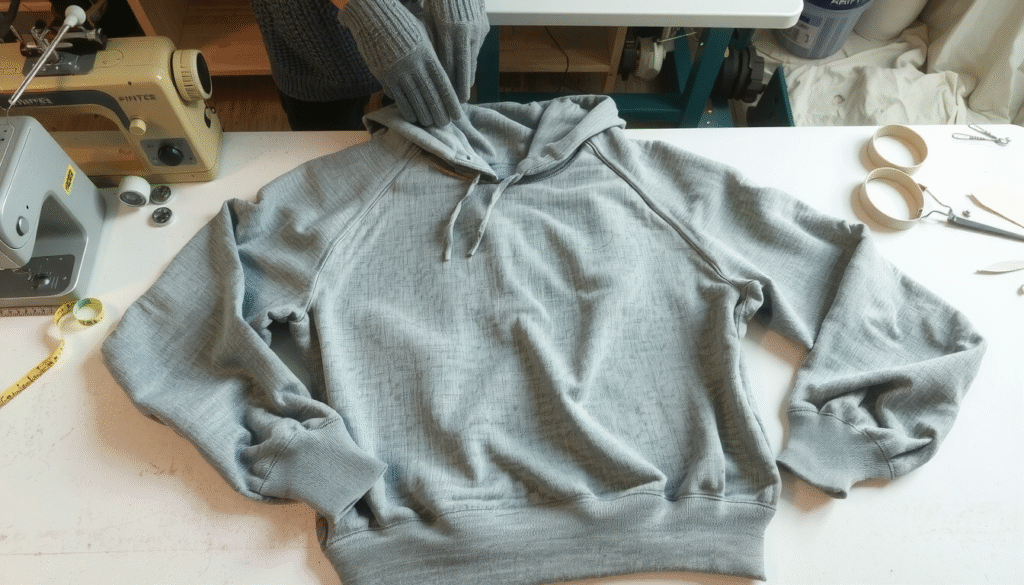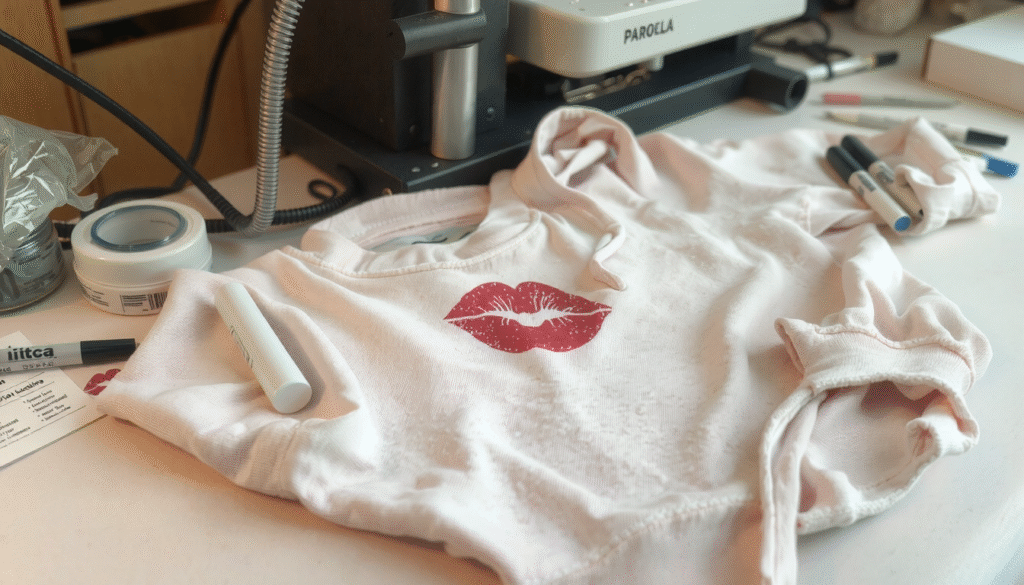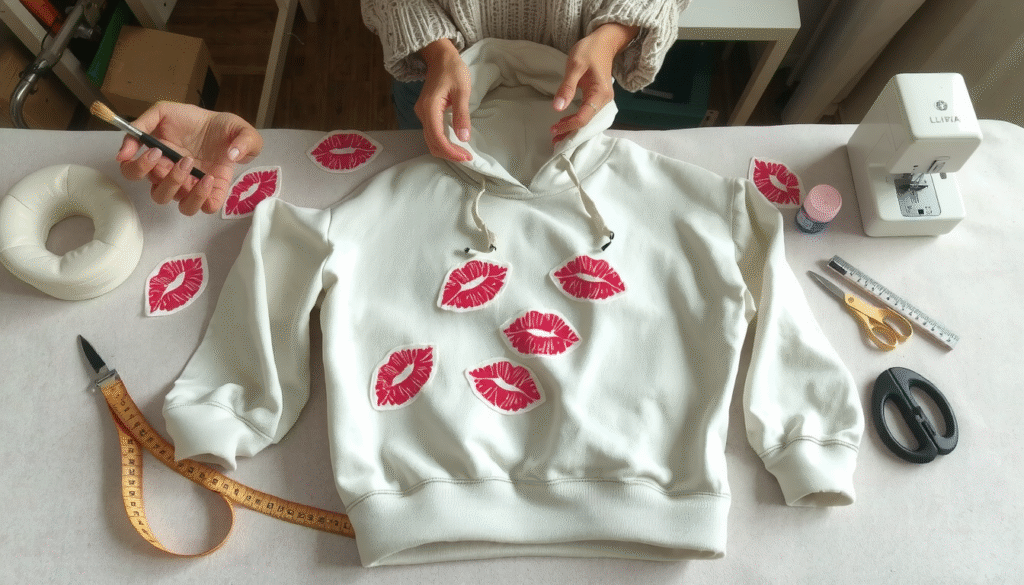Let’s get straight to the point. The idea that hot water is needed for clean clothes is just a myth. This old belief comes from before we had good washing machines and detergents.
For most of your laundry, cold water isn’t just okay—it’s actually better.
This is n’t just a random tip . May discipline and reputation backwards ths up . Making this unsubdivided alteration wll avail your bllfold , micturate your a;parel last long , andd protect our satellite .
In this guide, we’ll cover:
- The three big benefits of washing with cold water.
- Why cold water works so well today.
- When you should still use hot water.
- Tips and a quick guide for your laundry routine.
The Triple-Win: Unpacking the Benefits of Cold Water Washing

Using cold urine is n’t abot have up something good . It nominate your whole wassh summonss well . The Benefit are easyy to see correct by .
Benefit 1: Significant Energy and Cost Savings
Here’s an important fact about laundry: up to 90% of a washing machine’s energy use comes from heating water. The machine’s motor uses very little power in comparison.
When you choose “hot,” your machine is basically running a water heater. If you pick “cold,” you cut out this huge energy use.
For a family doing four loads of laundry each week, this can save hundreds of dollars on energy bills every year. It’s one of the easiest ways to cut household costs without making your clothes less clean.
Benefit 2: Your Clothes’ Best Friend: Preserving Fibers and Colors
Hot water is rough on fabric. It can make fibers swell, shrink, and break down over time. This causes problems like shrinking, fading, and color bleeding.
Cold water is much gentler. It cleans your clothes without damaging them, helping them last longer.
The biggest benefits come when washing denim, delicates, and bright colors in cold water. Jeans keep their fit and deep blue color. Delicate items like silk stay in good shape. Bright colors stay vibrant instead of fading. Your clothes will look new for a longer time.
Benefit 3: A Greener Laundry Cycle for a Healthier Planet
Using less energy with cold water washing directly helps the environment. It reduces your carbon footprint by lowering greenhouse gas emissions from power plants.
The benefits go even further. A growing concern is microfiber pollution – tiny plastic fibers from synthetic clothes that wash off and enter our water.
Recent studies show that cold water washing releases fewer microfibers than hot water. The heat and harsh movement of hot washing causes more fibers to break free. By using cold water, you help protect water ecosystems from this plastic pollution.
The Science of Clean: How Modern Detergents Make Cold Water Powerful

People often ask: “Does cold water really clean clothes?” The answer is yes, thanks to today’s detergent technology.
Old detergents needed heat to work well. Modern detergents are different. They use special enzymes designed to work in cooler temperatures.
These enzymes are natural substances that target specific stains, similar to how digestive enzymes break down food. Using a detergent made for cold water is key, as it contains the right mix of these enzymes. According to experts, these enzymes are what make cold water cleaning so effective.
Here’s how the main enzymes work:
| Enzyme Type | Targets These Stains | Commonly Found In… |
|---|---|---|
| Protease | Protein-based stains (grass, blood, sweat) | Everyday clothing, kids’ clothes |
| Amylase | Starch-based stains (gravy, pasta sauces, potatoes) | Food-related spills |
| Lipase | Fat/oil-based stains (body oils, salad dressing, grease) | Collars, cuffs, bedding |
| Cellulase | Helps brighten cottons and remove pilling | Cotton garments, to restore vibrancy |
When you use a good enzyme detergent, you’re using tiny helpers that break down stains without needing hot water.
When Hot Water Is Still King: The 3 Critical Exceptions

While cold water works for 95% of your laundry, there are a few times when hot water is needed. Using cold water in these cases won’t work well.
1. For True Sanitization (Sickness in the Household)
If someone in your home is sick with a contagious illness, cold water isn’t enough. To kill germs and viruses, water needs to reach at least 140°F (60°C).
Use the hot or “Sanitize” cycle for bedding, towels, and clothes that the sick person has used to prevent spreading illness.
2. Tackling Heavy Grease and Oily Stains
While detergent enzymes work well on body oils, they struggle with heavy grease. Think of mechanic’s clothes or kitchen rags with lots of oil.
In these cases, heat is needed. Just like hot water cleans greasy dishes better, it helps melt and remove heavy oils from fabric, allowing detergent to wash them away.
3. Deep Cleaning Heavily Soiled Items
Hot water cleans better in two specific cases: dust mites and very dirty items. Dust mites, which cause allergies and live in bedding, are killed by hot water. For normal sheet washing, warm is fine, but for people with allergies, hot water is sometimes needed.
Similarly, items like cloth diapers or sports uniforms covered in mud need the cleaning power of hot water to fully remove dirt and ensure they’re truly clean.
The Ultimate Cold vs. Hot Water Laundry Cheat Sheet
Want a quick reference guide? Here’s a table to help you decide for any laundry load.
| Item / Situation | Recommended Water Temp | Why? (The Short & Sweet Reason) |
|---|---|---|
| Everyday Cottons (T-shirts, etc.) | Cold | Prevents shrinking & fading; modern detergents are effective. |
| Dark & Brightly Colored Items | Cold | Locks in color, prevents bleeding onto other clothes. |
| Delicates (Silk, Lace, Wool) | Cold | Protects fragile fibers from damage and shrinkage. |
| Denim Jeans | Cold | Preserves the color and fit, prevents premature wear. |
| Blood, Sweat, or Wine Stains | Cold | Crucial! Hot water can “cook” and set protein stains permanently. |
| Grease or Oil Stains | Warm/Hot | Heat is necessary to break down and lift heavy oils. |
| Bed Sheets & Towels (Regular Use) | Warm or Cold | Warm cleans well, cold saves energy. Your choice for maintenance. |
| Bed Sheets & Towels (After Illness) | Hot | Kills germs and dust mites for proper sanitization. |
| Workout Clothes | Cold | Protects synthetic fibers and elasticity. Use a sport detergent. |
| Cloth Diapers / Heavy Soiling | Hot | Necessary for deep cleaning and removing heavy organic matter. |
Mastering the Cold Wash: 4 Pro Tips for Perfect Results

Making the switch is easy. Getting great results every time just takes a few smart habits.
1. Choose the Right High-Efficiency (HE) Detergent
The detergent you use is very important. Look for a liquid HE detergent labeled “for cold water” or one that mentions enzyme cleaning power. These are made to work well without heat.
2. Pretreat Stains—Your Secret Weapon
Even with good detergent, tough stains need help. Put a little liquid detergent or stain remover directly on the spot 15-30 minutes before washing. This gives the cleaning agents time to start working, helping remove the stain completely.
3. Don’t Overload the Machine
This rule matters even more with cold water. Clothes need space to move freely. This movement helps with cleaning. If you put too many clothes in, the detergent can’t spread properly and clothes won’t get clean, no matter what water temperature you use.
4. Common Cold-Washing Mistakes We’ve Seen (And How to Avoid Them)
We’ve noticed a few common problems people have.
One mistake is using powder detergent in very cold places. In winter, tap water can be too cold for powders to dissolve, leaving white marks on dark clothes. Using liquid detergent fixes this problem.
Another error is thinking cold water kills all bacteria in workout clothes. While cold water protects synthetic fabrics, it doesn’t kill all odor-causing bacteria. Add a laundry sanitizer made for cold water or a cup of white vinegar to the rinse cycle to get rid of stubborn smells.
The Final Verdict: Embrace the Cold for a Smarter, Gentler Wash
The evidence is clear. Making cold water your default setting is better for your money, your clothes, and the environment. Modern detergents have made hot water mostly unnecessary for everyday laundry.
Remember the exceptions—for sanitizing, heavy grease, and very dirty items—but don’t let them stop you from seeing the bigger picture.
The message is simple: use cold as your default. You’ll save money, your clothes will last longer, and you’ll help create a healthier planet, one load at a time.
FAQ
- Is it better to wash clothes with cold water or hot water?
Cold water is better for most laundry as it preserves colors, prevents shrinking, saves energy, and works effectively with modern detergents. Hot water should only be used for sanitization, heavy grease stains, or heavily soiled items. - Does cold water actually clean clothes properly?
Yes! Modern detergents contain specialized enzymes designed to work effectively in cold water. These enzymes target specific stains like protein, starch, and oil-based marks without needing heat. - How much money can I save by washing clothes with cold water?
You can save up to 90% of the energy costs associated with laundry, as heating water accounts for most of a washing machine’s energy consumption. A family doing four weekly loads can save hundreds of dollars annually. - When should I still use hot water for laundry in 2025?
Use hot water when someone in your household is sick (for sanitization), for heavily greased items like mechanic’s clothes, or for deeply soiled items like cloth diapers that need thorough cleaning. - What’s the best detergent for cold water washing?
Look for liquid HE (High-Efficiency) detergents specifically labeled “for cold water” or that mention enzyme cleaning power, as these are formulated to work effectively without heat.



